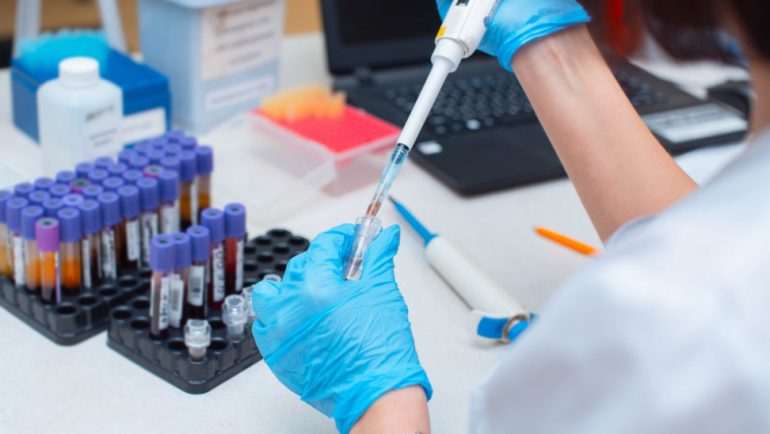Adults with type 1 or type 2 diabetes, whose blood pressure rises at night, are more than twice as likely to die as diabetics whose blood pressure drops at night, according to a new Italian scientific study.
Pressure normally decreases during sleep, but can sometimes rise relative to the day. This abnormal condition is associated with an increased risk of cardiovascular complications and death in diabetics. The researchers, led by Dr. Martina Tsiriako of the Department of Clinical and Experimental Medicine at the University of Pisa, who made the announcement at a conference on hypertension of the American Heart Association, studied 349 adults with 21-year-old diabetes, of whom 284 had type 2 diabetes and those with type 65 diabetes ("childhood").
82% of diabetics had hypertension and there were 136 deaths during the study. In about half of the participants, the pressure did not drop at night, while in 20% (mostly older patients) it rose. The latter - found to have high blood pressure at night - were more than twice as likely to die from any cause as those diabetics who showed a decrease at night, and 1,9 times as likely to die as those whose blood pressure remained constant at night. .
"Our study shows that one in ten people with type 1 or 2 diabetes has an increase in blood pressure at night and this probably more than doubles the risk of dying of any cause within the next two to two decades, regardless of whether their blood pressure is under control.
"It is important for doctors to look for abnormal nocturnal pressure in diabetics, so that measures can be taken to reduce it," said Tsiriako. Who is at risk for uncontrolled hypertension Another US study, presented at the same conference, found that women over the age of 70 and men aged 20 to 49 were more likely to have uncontrolled blood pressure despite taking antihypertensive drugs.
A study of 13.253 people with an average age of 57 over a decade, one in three of whom (34%) had uncontrollable hypertension, concluded that at the age of 20-29 years the probability of uncontrolled hypertension was 59% higher in men compared to women, in the ages 30-39 men were 70% more likely to have uncontrolled hypertension, while in the ages 40-49 years they were 47% more likely.
In the 50-69 age group, men and women were equally likely to have uncontrollable stress, while in the over 70s the situation was now reversed, with women at 29% higher risk, up from 63% in women over 80. years.
